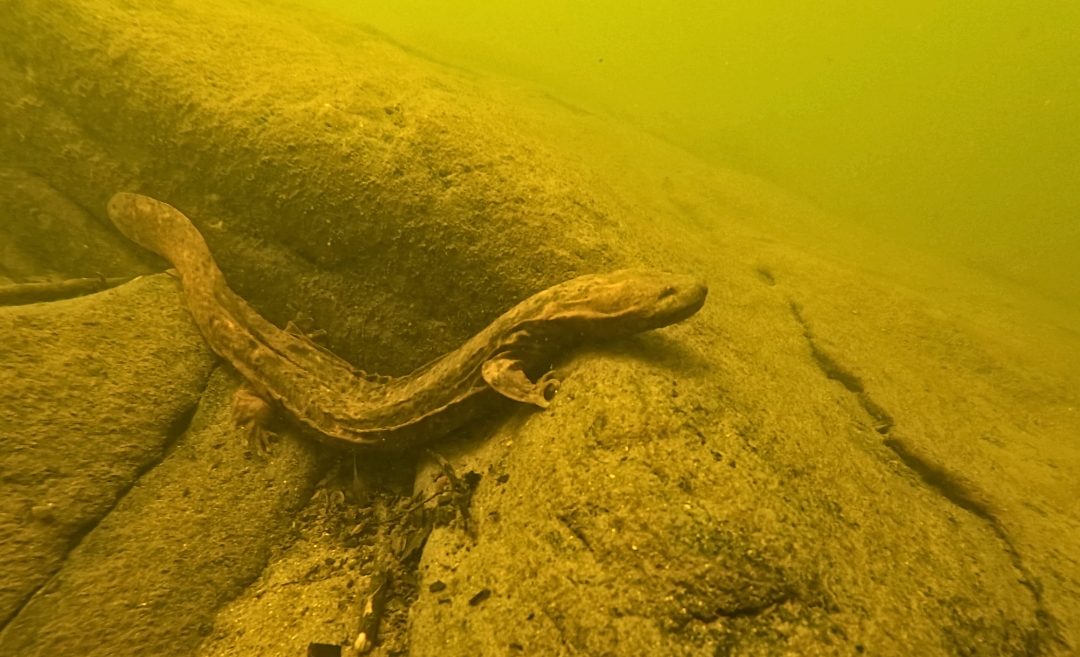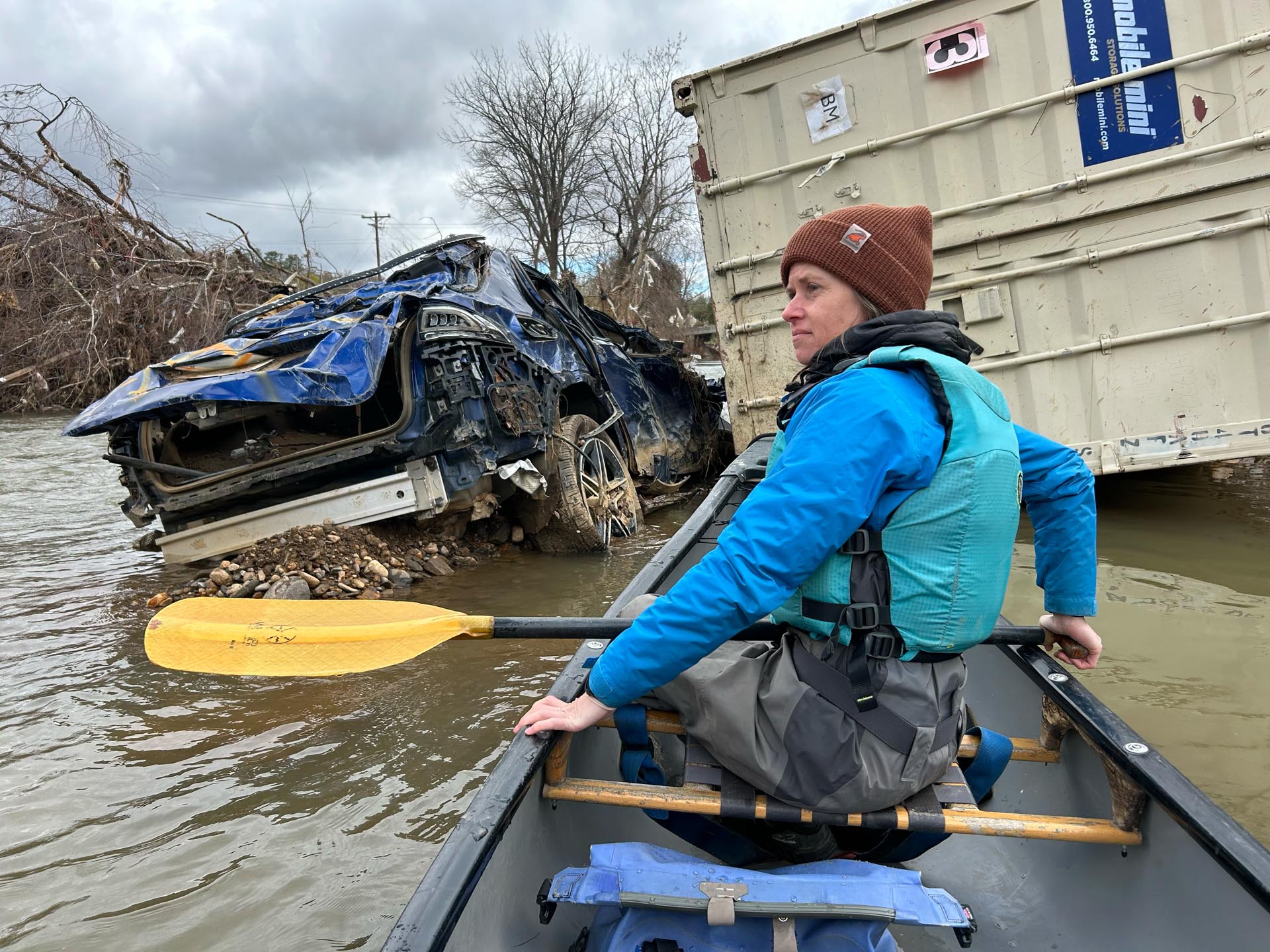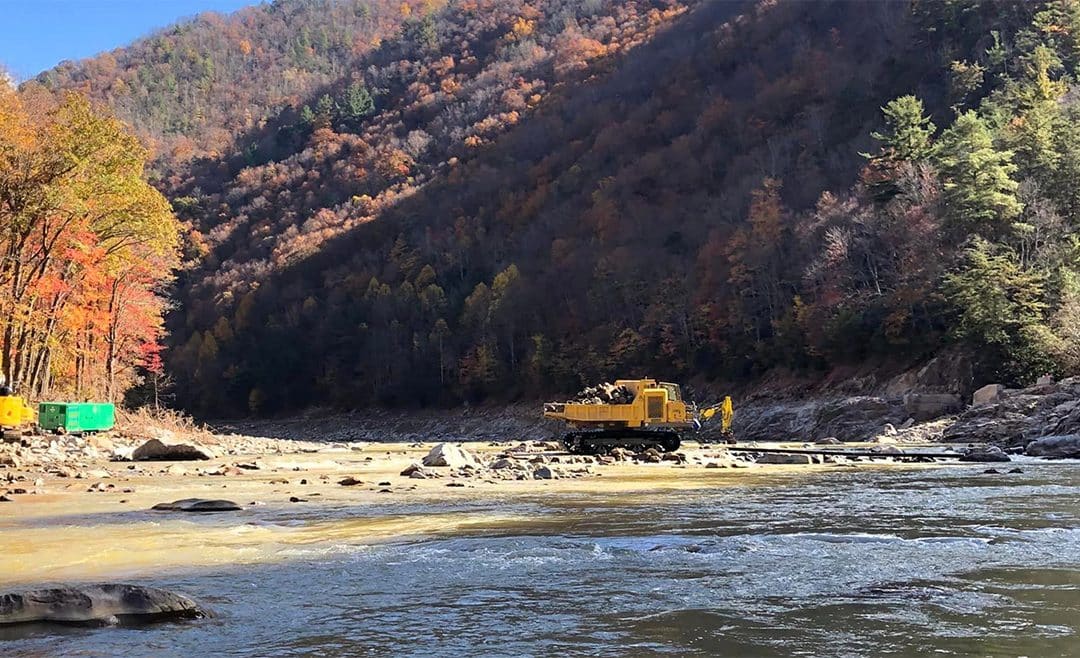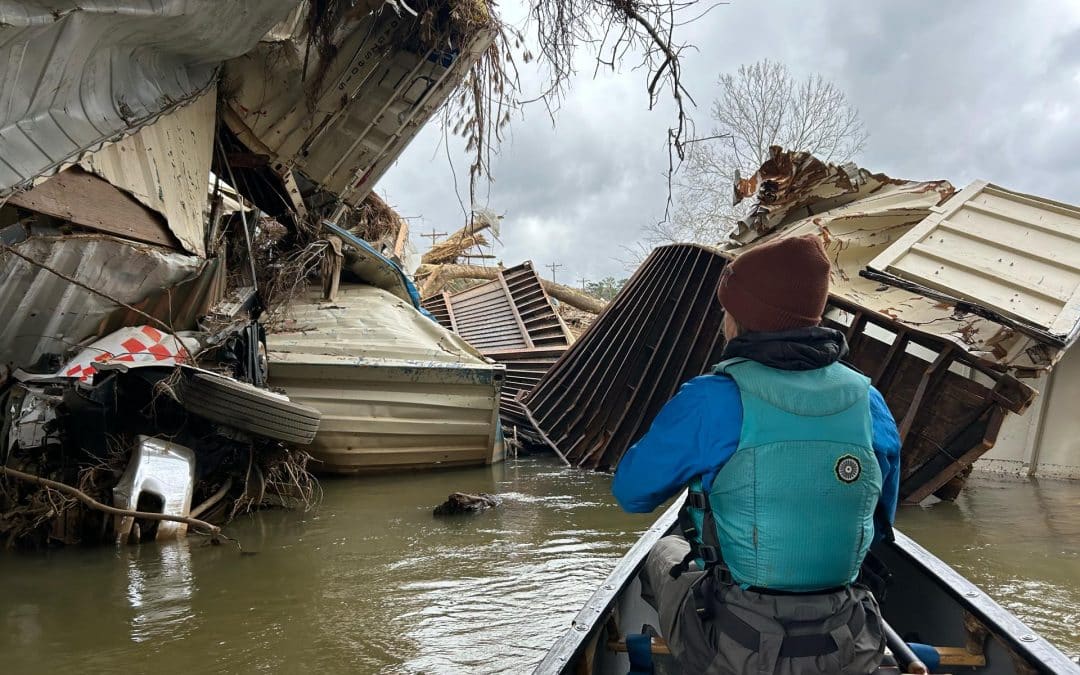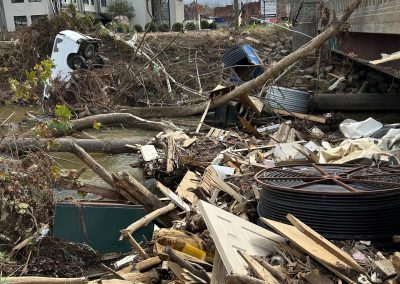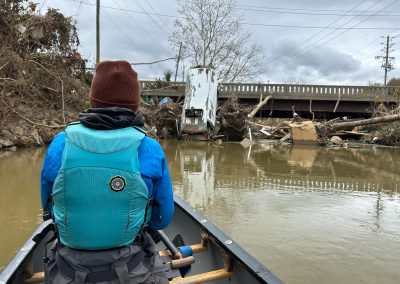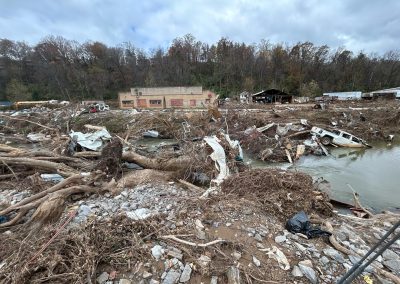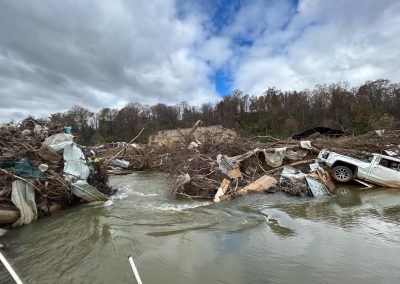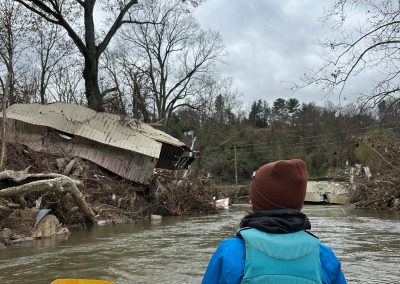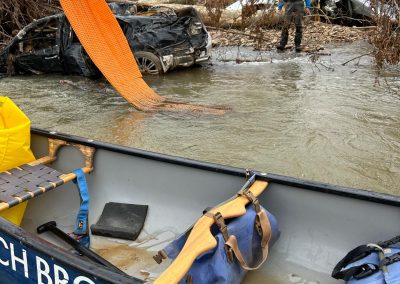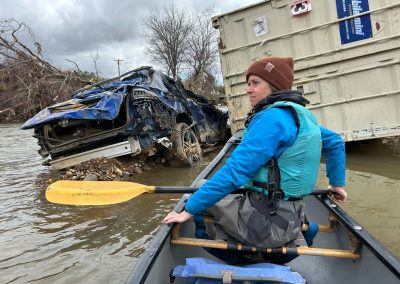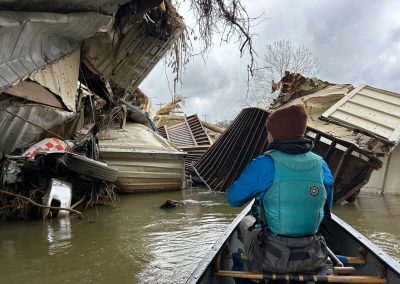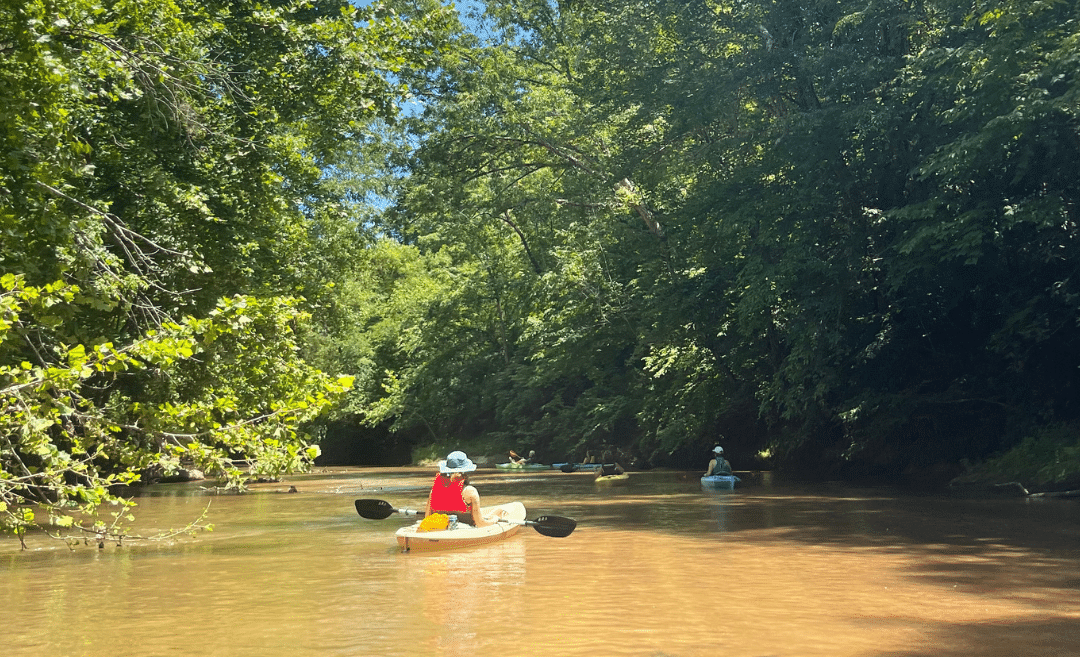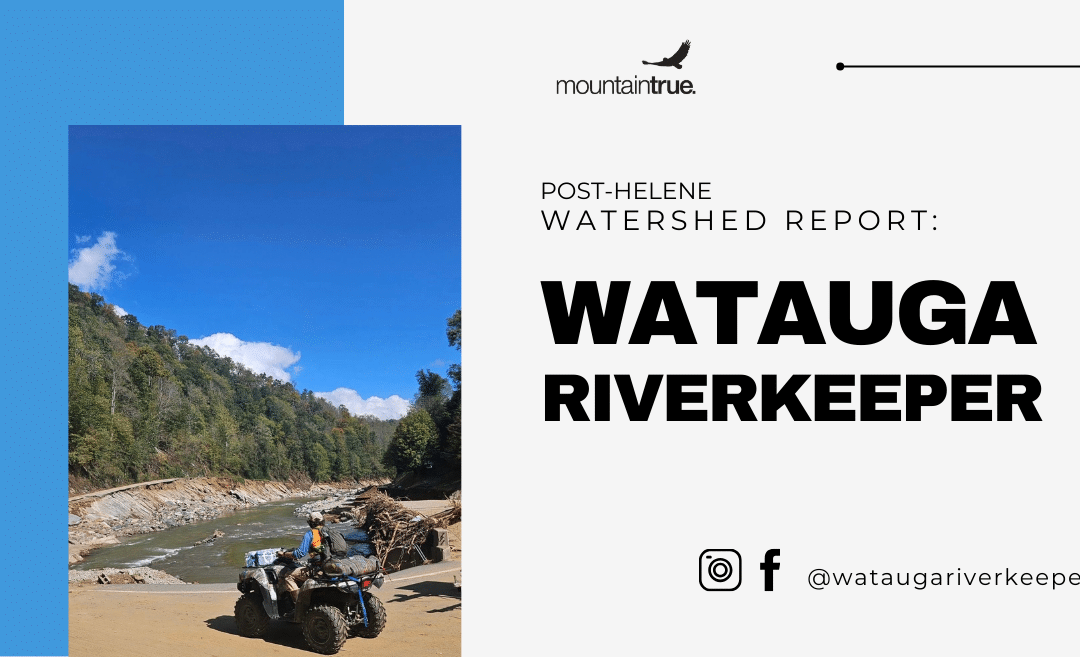What a year – in Raleigh and, of course, in Western North Carolina.
Among the many lessons those of us here in the mountains learned, again, this year is that what happens – or does not – in Raleigh has a real impact on our communities, our mountains, and our future.
Certainly, that has to be one of the takeaways about the North Carolina General Assembly’s response to the disaster that hit the mountains a couple of months ago. Since September, the legislature has approved three bills that included disaster-related funding for a total of $1.13 billion in state funds. Click here for an overview of the legislature’s efforts on the disaster to date.
The most recent of these bills is SB382, which included $225 million transferred to a state fund for disaster relief but NOT approved for any specific program or project. Leaving that transfer aside, SB382 included a mere $32 million approved for disaster relief. The remaining balance must be earmarked and approved by the legislature before it reaches WNC.
Beyond the first dozen or so pages loosely focused around disaster relief are over 100 pages of “Various Law Changes,” the real meat of SB382 designed largely to shift power away from the executive branch. This power grab disguised as disaster relief caused three WNC Republican Representatives – Mike Clampitt, Karl Gillespie, and Mark Pless – to join Democrats in voting against the bill, although it passed both the House and Senate in otherwise party-line votes. It also prompted Governor Cooper to veto the bill, but his veto was later overridden by Republican supermajorities in both chambers and became law. Despite their initial opposition to the bill, Clampitt, Gillespie, and Pless all voted to override the veto and allow the bill to become law.
So why is disaster relief getting held up? It’s certainly not because money’s tight. State Budget officials recently told a legislative committee has a whopping $9.1 billion in inappropriate reserves, including almost $4.8 billion that was in the state’s “rainy day fund” itself when Helene hit, plus $1 billion in a stabilization and inflation reserve and another $732.5 million in a emergency response/disaster reserve. Legislators could also use another $1.1 billion from savings and still remain in compliance with state law.
Gov. Cooper’s request for a $3.9 billion state set-aside for hurricane relief presumed the use of about $3.5 billion from these sources.
So, if money is not the problem, what is the hold up on state disaster relief? For their part, budget writers for the Republican majorities in the House and Senate argue that it’s smart policy to hold back state relief funding and allow federal disaster relief to make its way to the region. They worry that if state funds are used on efforts that are eligible for federal relief, the feds may not reimburse the state for its recovery efforts. GOP budget writers say it’s better to let the federal money be the first in – and the state funding the last to address needs FEMA and other federal programs do not get to. They also point out that Congress is likely to provide more money for WNC recovery before the end of 2024.
The problem with waiting, of course, is that many in WNC need help, now, for things we know that the federal government won’t pay for. Many small business owners, for example, can’t afford to take on more debt via the disaster loan programs offered by FEMA. Without direct grants, many business owners say their businesses won’t survive the disaster.
